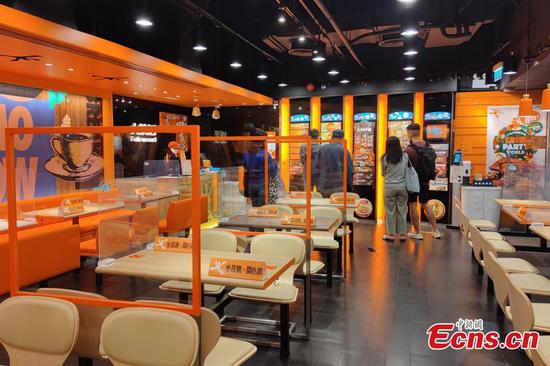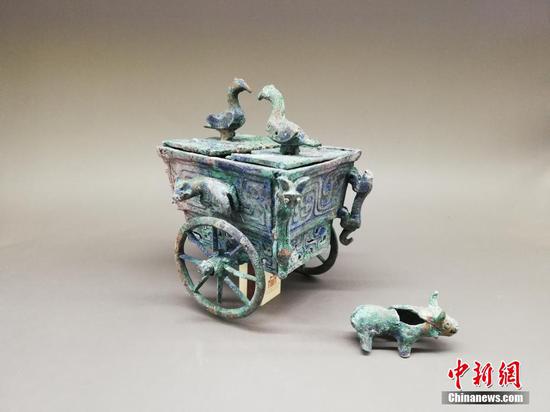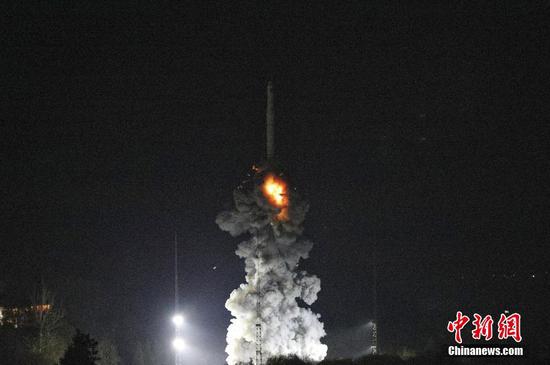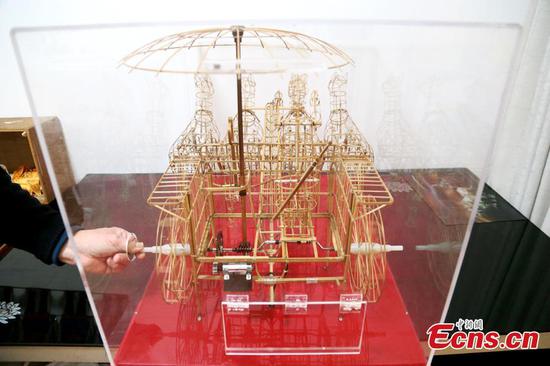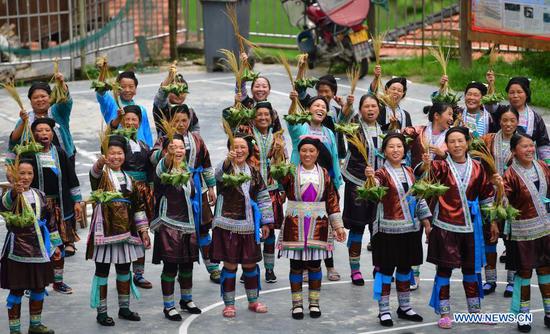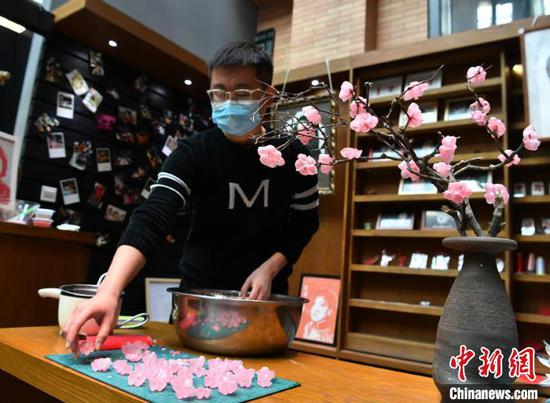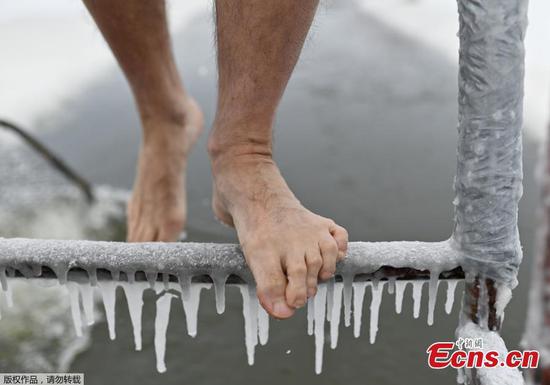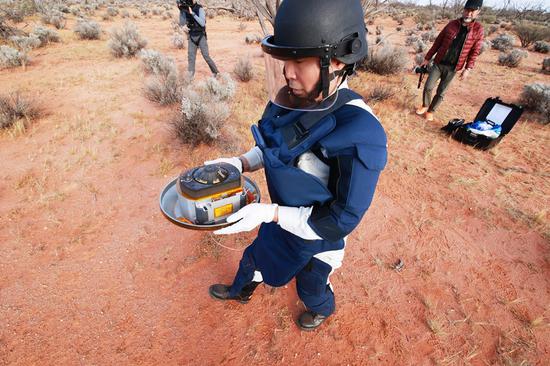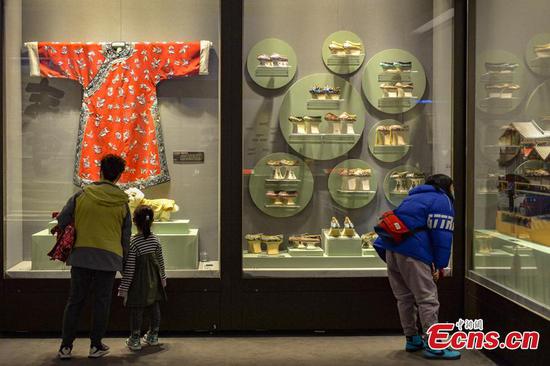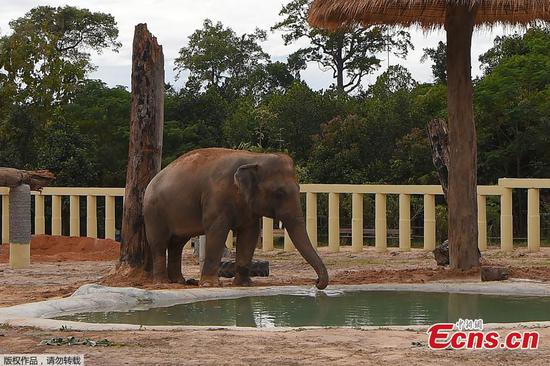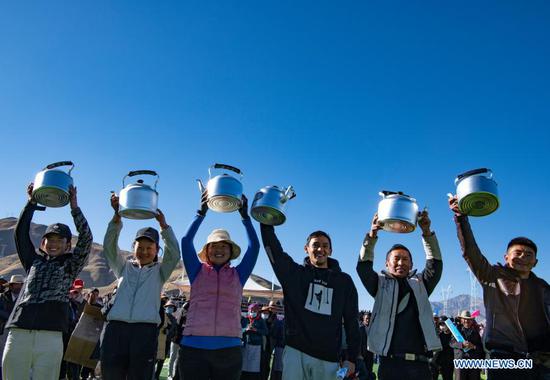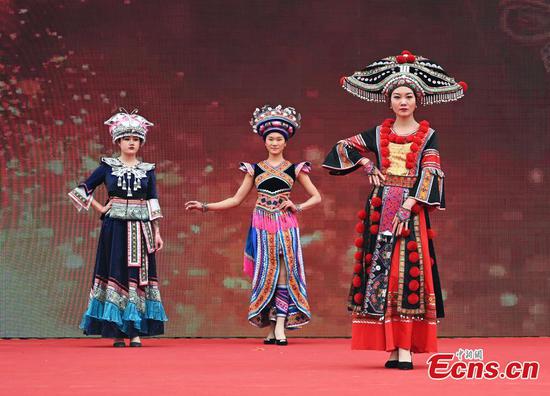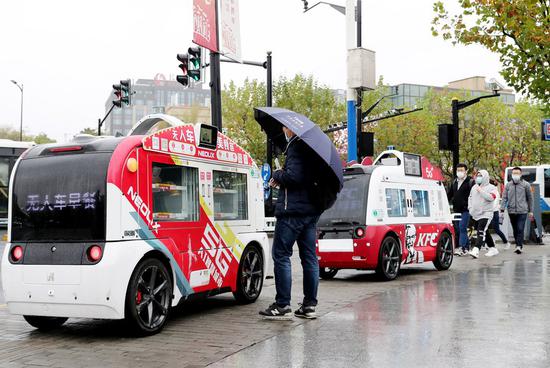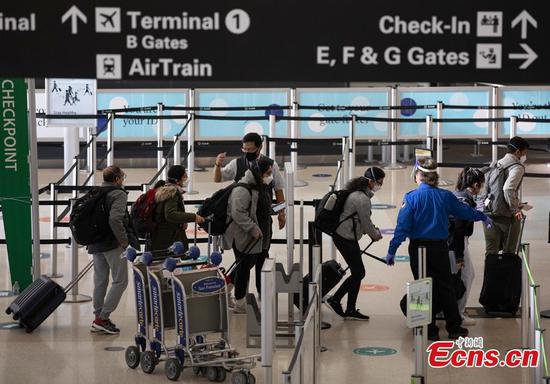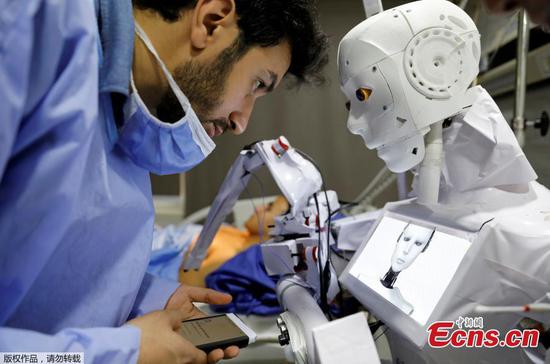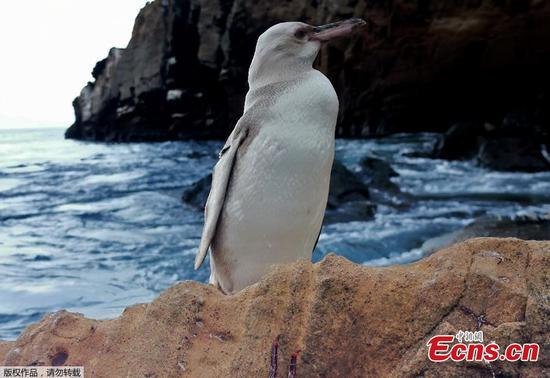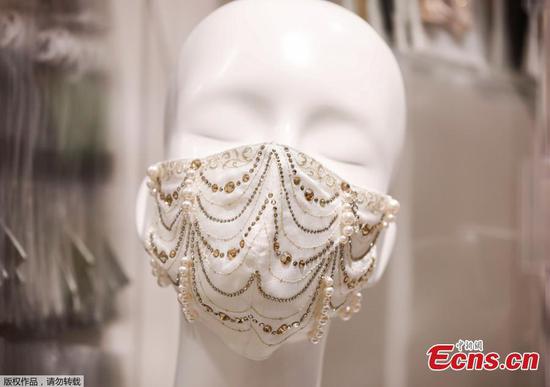It is indeed a silver lining that U.S. and Chinese educational communities have come out to support each other as unfavorable U.S. policies and the surging COVID-19 pandemic disrupted the educational exchanges between the two countries, a senior Chinese diplomat has said.
"I have heard a bunch of touching stories" about the bilateral cooperation on education during the pandemic, Yang Xinyu, minister counselor for educational affairs at the Chinese Embassy in the United States, told Julia Chang Bloch, founder of U.S.-China Education Trust and former U.S. ambassador to Nepal, on Thursday in a conversation.
"Earlier this year when China was undergoing the peak of the pandemic, U.S. educational institutions reached out to render support," said Yang.
According to Yang, when over 200 Chinese students at Delaware University could not return to the United States in February for spring semester due to the U.S. travel ban, the university worked hand in hand with her office to make sure that the students could move on with their studies in a flexible way.
The Emergency Student Fund of the Institute of International Education also responded to COVID-19 by providing grants to international students on U.S. campuses facing financial hardship, she said.
Besides, international students at Rice University made personal donations of supplies and money to China, whereas Weill Cornell Medicine made a generous offer to provide medical support to China, Yang said.
"University of Kentucky wrote to their Chinese partner universities to cheer them up during the difficult times and reassure them with an even stronger interest and confidence of collaboration after the pandemic," she said.
Many universities, like the University of Virginia, also made serious promise that they would make every effort to secure safe lodging for the Chinese students despite campus closure and dormitory shutdown, she said.
"We got constant update from Virginia Commonwealth University on how new measures and programs were put in place to ensure mental and physical wellbeing as well as effective learning for the Chinese students," said Yang.
The senior diplomat added that when the United States was challenged with surging confirmed cases later on, their Chinese partners and friends were ready to pay back.
The China Association of Higher Education sent facial masks with other personal protective equipment to their partner institute, the American Council on Education, and many American universities, she said.
"Chinese medical experts shared their experience in research and clinical practice with American medical care personnel. Chinese universities communicated with American universities online on how they managed to provide a safe campus environment for their students and faculty," she said.
Moreover, for those Chinese students who cannot return to their U.S. universities amid rising cases in the United States, and newly enrolled students who have no visas to travel to the country, many U.S. universities and their Chinese partners worked out plans to help them, Yang said.
"They can start the fall semester at the partner university of their American university in China with their courses and credits being recognized," she said.
Peking University, Fudan University, East China Normal University (ECNU), Southern University of Science and Technology, and many other Chinese universities hosted Chinese students registered at U.S. universities for the fall semester, she said.
"As far as I know, NYU Shanghai received 3,600 (international) undergraduate students from New York University who were originally planning to spend the fall semester in New York or Abu Dhabi. ECNU hosted more than 1,600 (international) students for its seven U.S. partner institutions," she added.












